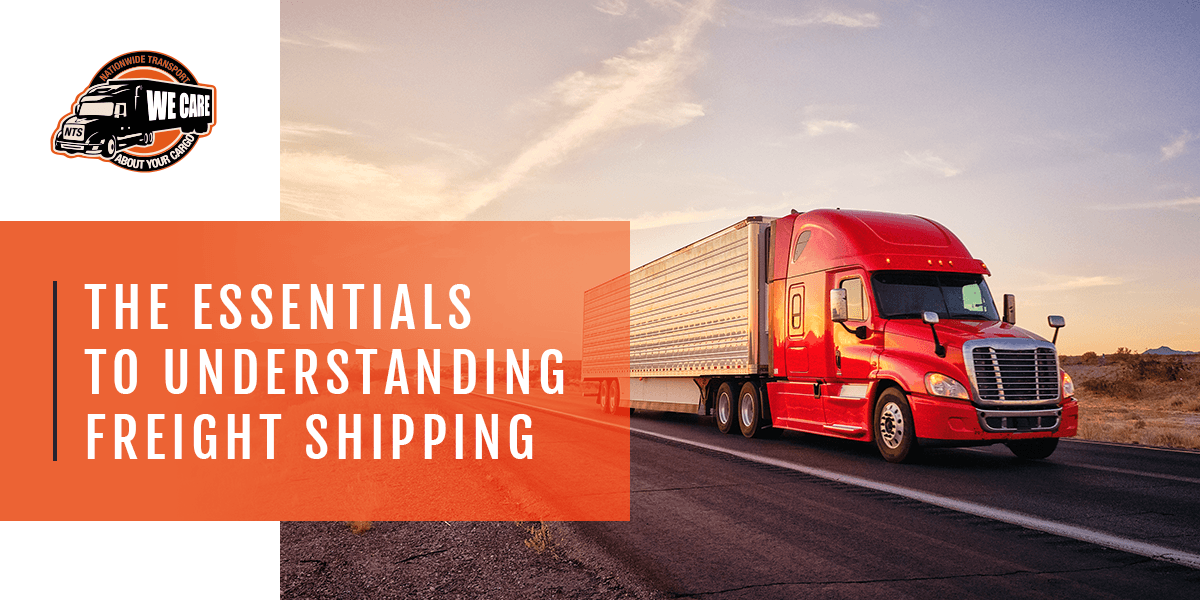Consignee
Logistics Term
Consignee Definition
In shipping, a consignee is the person who orders freight or equipment and the entity that receives the transport. On the transportation documents, the address of the consignee is where the goods are to be delivered unless instructed otherwise. The Bill of Lading (BOL) lists them as the shipper. A consignee can order less than truckload (LTL) or full truckload (FTL) cargo. When the cargo gets to the consignee, they should inspect them to ensure they’ve been delivered safely before signing the BOL form.
What To Know About A Consignee
The consignee pays for the goods and the shipment fees. In case the consignee receives the goods in poor condition or the wrong cargo, they have the right not to sign the BOL form because it acts as the receipt of cargo delivery.
When the consignee ships LTL goods, they take longer to arrive than FTL goods because the carrier has to stop multiple times to deliver other goods. In this case, the consignee only pays for part of the truck occupied by their cargo. The smaller the cargo, the less they will pay. A consignee is updated on when their goods will arrive so that they can be around.

or